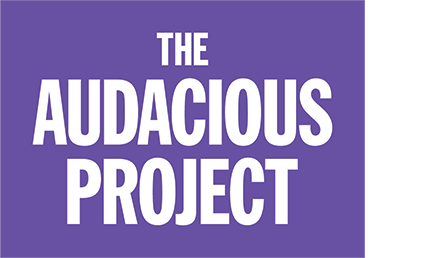Deworming Innovation Fund

DEWORMING INNOVATION FUND
The Problem
Parasitic worms are a major public health threat, affecting nearly a quarter of the world’s population. Disease caused by the most common of these infections — roundworm, hookworm, whipworm and schistosomiasis — have stymied human health for centuries, causing pain, stealing nutrients, and stunting both physical and cognitive growth in children, preventing them from reaching their full potential. While existing deworming programs have successfully reduced suffering caused by parasitic worms for millions, we need more help funding deworming treatment because nearly half of Africa’s population remain at risk of infection. In Ethiopia alone, more than 20 million children remain at risk.
Our Plan
The Deworming Innovation Fund aims to accelerate progress towards eliminating parasitic worms in Ethiopia, Rwanda, Zimbabwe and Kenya, which will improve the health, quality of life, educational and economic prospects of more than 40 million people living in these four countries. By 2025, the fund will support and amplify commitments made by local leaders to ensure that nobody in need of deworming treatment is left behind and that programs reach at-risk population groups often overlooked in treatment campaigns, including women of reproductive age and children who are not yet in school.
What is the Audacious Project?
The Audacious Project was launched in April 2018, with a mission to foster “collaborative philanthropy for bold ideas.” Housed at TED and operated with support from The Bridgespan Group (a leading social impact advisor to nonprofits and NGOs, philanthropists and investors), The Audacious Project brings together some of the most respected organizations and individuals in philanthropy — the Skoll Foundation, Virgin Unite, Dalio Foundation and more. The Audacious Project surfaces and funds critical projects with the potential to create global change.
“With initial funding raised through the Audacious Project, the END Fund garnered additional support for the Deworming Innovation Fund, which enables us to accelerate progress even faster than we had envisioned. This groundbreaking capital allows us to reduce the burden of intestinal worms and schistosomiasis in the four countries, and invest in innovative approaches to treatment, prevention, and sustainability.”
–Ellen Agler, END Fund CEO
Why Deworming?
Funding deworming treatment is one of the most cost-effective social investments. Studies show that children who are dewormed miss less school and girls are more likely to graduate secondary school. In fact overtime, children who are dewormed earn more money than their peers that do not receive treatment. A small initial investment in deworming children generates a return of 82% per year through higher earnings. Specifically, schistosomiasis leads to the deaths of more than 170,000 people per year. Ending intestinal worms and schistosomiasis would remove a large barrier to economic growth in communities across Africa.
Anchor funding for this project has been generously committed by a group of visionary partners including The ELMA Foundation, Delta Philanthropies, the Children’s Investment Fund Foundation, Rosamund Zander and Hansjörg Wyss for the Wyss Medical Foundation, and Virgin Unite.
NEWS
Deworming Innovation Fund
Post | 04.08.19
The Problem Parasitic worms are a major public health threat, affecting nearly a quarter of the world’s population. Disease caused by the most common of these infections — roundworm, hookworm, whipworm and schistosomiasis — have stymied human health for centuries, causing pain, stealing nutrients, and stunting both physical and cognitive growth in children, preventing them…
Deworming Innovation Fund
Post | 04.08.19
The Problem Parasitic worms are a major public health threat, affecting nearly a quarter of the world’s population. Disease caused by the most common of these infections — roundworm, hookworm, whipworm and schistosomiasis — have stymied human health for centuries, causing pain, stealing nutrients, and stunting both physical and cognitive growth in children, preventing them…
Deworming Innovation Fund
Post | 04.08.19
The Problem Parasitic worms are a major public health threat, affecting nearly a quarter of the world’s population. Disease caused by the most common of these infections — roundworm, hookworm, whipworm and schistosomiasis — have stymied human health for centuries, causing pain, stealing nutrients, and stunting both physical and cognitive growth in children, preventing them…
Seven things to know about intestinal worms
Post | 04.16.19
1 out ever 5 people on the planet still require treatment for intestinal worms (1.5 billion people). The most common forms of intestinal worms are hookworm, ascaris (roundworm), and trichuris (whipworm). These parasites have stymied human health for generations, causing pain, stealing nutrients, and stunting both physical and cognitive growth in children, preventing them from…






